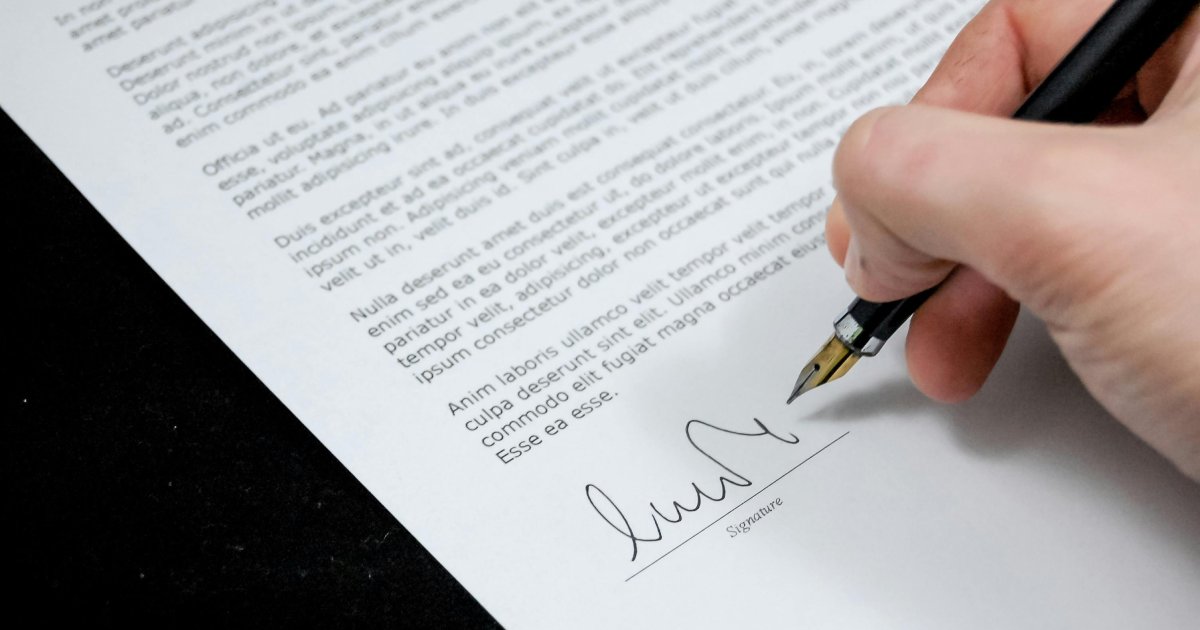Licensing Contracts Add AI

By Mark Seavy
As new regulations are implemented globally to govern the use of artificial intelligence (AI), licensing contracts are being redrafted to reflect the technology’s expansion.
Much of the work on clauses setting AI ground rules remains in the early stages of development. Hewlett-Packard (HP), which has launched desktop and laptop PCs equipped with Microsoft’s CoPilot AI, has drafted contracts designed to regulate the technology’s use on a case-by-case basis, said Randall Collins, Trademark, Copyright, and Marketing Counsel at HP.
And while some contracts seek, for the time being, a broad ban on AI, others are narrower and more focused on specific uses, according to licensing industry executives at Licensing International’s recent AI & Licensing Summit 2024 in New York.
“The marketers want to use AI and it is an amazing tool for ideation and the influencers and brand ambassadors we work with are using it to create artwork,” Collins said. “We want to use it to showcase the power of our PCs. But we also must decide how we disclose what is being generated by AI and what is not. The marketers want to use AI [for developing ideas], but we have to step in and say these are the risks.”
That risk analysis is being done globally as countries add guardrails around the technology.
The U.S., U.K., and European Union signed the first “legally binding” Framework Convention on Artificial Intelligence treaty last month. It lays out key principles AI systems must follow, including protecting user data, respecting the law, and keeping practices transparent. Each country that signs the treaty must “adopt or maintain appropriate legislative, administrative, or other measures” that reflect the framework.
Yet there are no penalties for signatories that break their commitments. And even though the new treaty is “legally binding,” https://www.ft.com/content/4052e7fe-7b8a-4c42-baa2-b608ba858df5compliance is measured primarily through monitoring, which is a relatively weak form of enforcement.
“None of my licensees or designers use generative AI absent approval and, with employees that are using it, we have them keep a log of each element they are using,” a licensing executive said. “The only way to protect individual elements is knowing what was created by a human and what was created by AI. Very rarely should a finished product be straight from AI, and you will always need some sort of evaluation.”
For the time being, AI clauses are largely being implemented by corporate brands with a heavy focus on copyrights, while those for entertainment IPs remain in the works. Several licensing agencies said they have yet to field requests for AI clauses in new or renewed contracts. Some licensors are still weighing whether AI clauses should be narrow or broad.
“They [the clauses] have to be narrow and specific or not at all, and should be part of the general legal provisions because you have that already for everything else,” said JJ Ahearn, Managing Director at the licensing agency Licensing Street. “The lawyers must come up with language that doesn’t restrict the [design] process and protects the IP. It is time to start getting to understand AI or you are going to lose at retail.”
And as companies work to understand AI, how the technbology is being governed around the world varies.
In China, for example, the Beijing Internet Court ruled last year in favor of recognizing copyright protections for images generated by AI. It found that whether AI-generated work can be copyrighted it will still need to be decided on a case-by-case basis. The European Parliament, meanwhile, adopted the Artificial Intelligence Act in March, which took effect in August. The Act categorizes systems by risk level, with those posing a higher risk subject to greater requirements and transparency obligations. It also seeks to harmonize standards across the European Union. Companies that violate the act face fines of up to 7% of annual global revenue. In Japan and the U.S., products solely created by AI aren’t copyrightable but those developed with human input will be.
“We are going to have to think about what the requirements of the different jurisdictions are,” said Kristine Young, a Partner at the Myer Brown law firm. “If you are a multi-national company there will be a wait-and-see approach since there is regulatory uncertainty.”
Yet despite this uncertainty, Meta said Wednesday at its Connect event that the Meta AI chatbot has been updated to enable the technology to respond in the voice of several celebrities, including Nora “Awkwafina” Lum, John Cena, Keegan-Michael Key, Kristen Bell, and Dame Judi Dench. There also are non-celebrity voices available with names like Aspen, Atlas, or Clover.
“This is a nascent industry, and it is entirely possible that it will be sued in the creative process, but AI needs to be part of the strategy now,” said Alex Locke, General Counsel at the entertainment company VeeFriends. “We can’t wait until we are sure because AI is going to infiltrate into the top activities, so we need to be proactive from a strategic legal perspective.”




